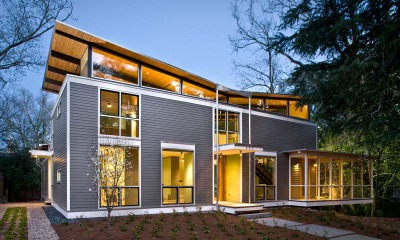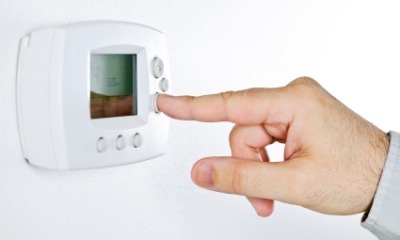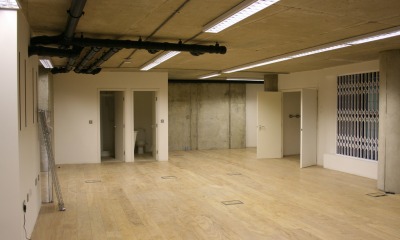Business
Household Energy Conservation: Saving Money and The Environment

With the rapid depletion of our planet’s resources, it’s safe to say that sustainability is a thing of the future we should wholeheartedly embrace. This applies to all spheres of life, especially the construction business.
If you’re planning to build an ideal house, you have to bear in mind the environmental requirements as well. After all, it doesn’t take much to devise a home that tucked in, comfortable and energy efficient. We have gathered some tips that can be employed both for home building from scratch or eco-sound remodelling of your existing residence.
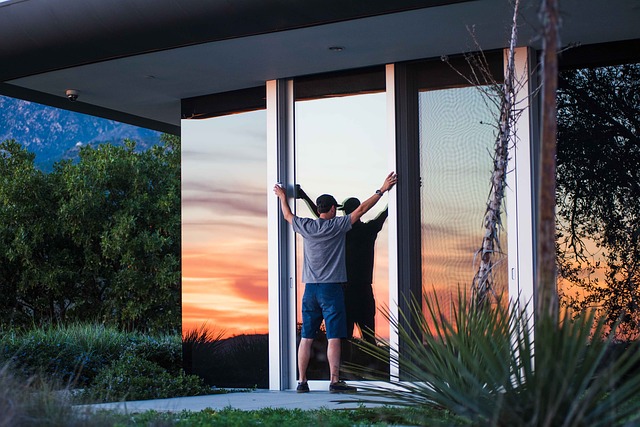
Tend to your Windows
Faulty windows are deemed one of the most common culprits when the loss of energy and heat is concerned, and having these could make our bills go through the roof. The easiest way to ensure the windows are adhering to the latest energy-preserving standards is to invest in a brand new aperture solution. You may have somewhat higher initial costs, but this investment pays off rather quickly by reduction of other house related expenses.
Outdated windows on older houses are often not consistent with the green standards, but there are ways to salvage them. The retrofitting options include the introduction of double panels or vinyl frames that definitely beat the energy-sucking aluminium-framed or single-paned variants.
Also, the so-called low-E windows can provide excellent insulation while proving enough sunlight for our room. The principle of low-emissive glass is relying on the metallic oxide coating that lets the light pass while heat is reflected. Lastly, if you cannot afford any of these, utilise the blinds and curtains to bring some relief from the heat or keep the warmth inside the house.
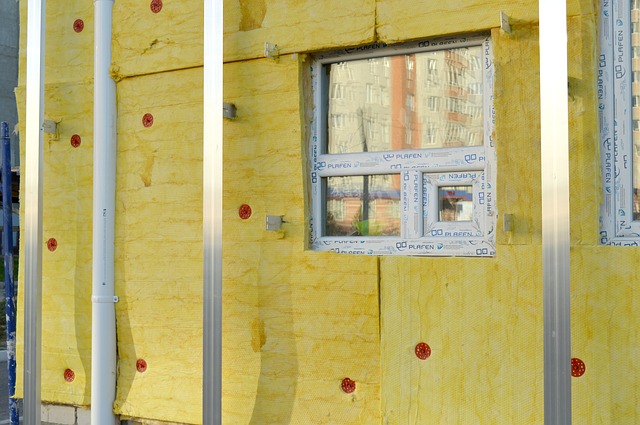
Adequate Insulation
With the absence of proper insulation, the summer and winter months can be downright unbearable. In the winter period, the walls are losing substantial amounts of heat through the walls. The similar thing happens with the chilled inside air in the summer. On top of it, the bills can get seriously amassed with the usage of A/C units and heating systems.
Luckily, you can actually calculate the energy loss and act accordingly when setting up the insulation. When you’re insulating the target spots, don’t forget about some hidden or unused house extensions as the temperature tends to even out on the whole house level. Add the insulating coat to the attic and ceiling space and treat all of your walls with caulking or other weather-proof methods.

The Matter of Appliances
If your heirloom consists of some olden-days appliances, it’s advisable to stop using them and store them away for good. These past century devices are notorious energy slurpers compared to the latest models. We recommend you consult with the professionals to see what of the current appliances is best to be replaced. This will decidedly help you save some energy and minimise the expenditure.
When browsing the web offer for a green upgrade of your washing machine, dryer or a stove, opt for the companies that have adopted the energy efficient methods and can provide an appropriate warranty. Also, prior to the installation of a proper stove (as one of those energy-saving Omega appliances) or any other device, let the professionals verify your electrical installations are in order. Older households have a less potent switchboard that cannot accommodate the increased number of appliances in contemporary households.
Finally, don’t overload the energy consumption by having most of the appliances turned on, even if you don’t need them at the moment. Make use of the power strips with a switch and block the current flow for several devices at once.

Illumination Choices
Mark all of the incandescent bulbs in your home for immediate retirement and be rid of yet another energy-wasting element in the house. Trade them for compact fluorescent models that can guarantee a ten times longer service life that justifies a slightly costlier initial investment. Even better, opt for LED lights that are excellent choices for cool, evenly dispersed illumination effect. You can replace a few at a time when your budget allows it.
The houses of the future are bound to have an abundance of energy-conserving features. Upgrade your house systems to lower your bills and be gentler to our planet.
-

 Tech11 years ago
Tech11 years agoCreating An e-Commerce Website
-

 Tech11 years ago
Tech11 years agoDesign Template Guidelines For Mobile Apps
-

 Business6 years ago
Business6 years agoWhat Is AdsSupply? A Comprehensive Review
-

 Business10 years ago
Business10 years agoThe Key Types Of Brochure Printing Services
-

 Tech8 years ago
Tech8 years agoWhen To Send Your Bulk Messages?
-

 Tech5 years ago
Tech5 years ago5 Link Building Strategies You Can Apply For Local SEO
-

 Law5 years ago
Law5 years agoHow Can A Divorce Lawyer Help You Get Through Divorce?
-

 Home Improvement6 years ago
Home Improvement6 years agoHоw tо Kеер Antѕ Out оf Yоur Kitсhеn


